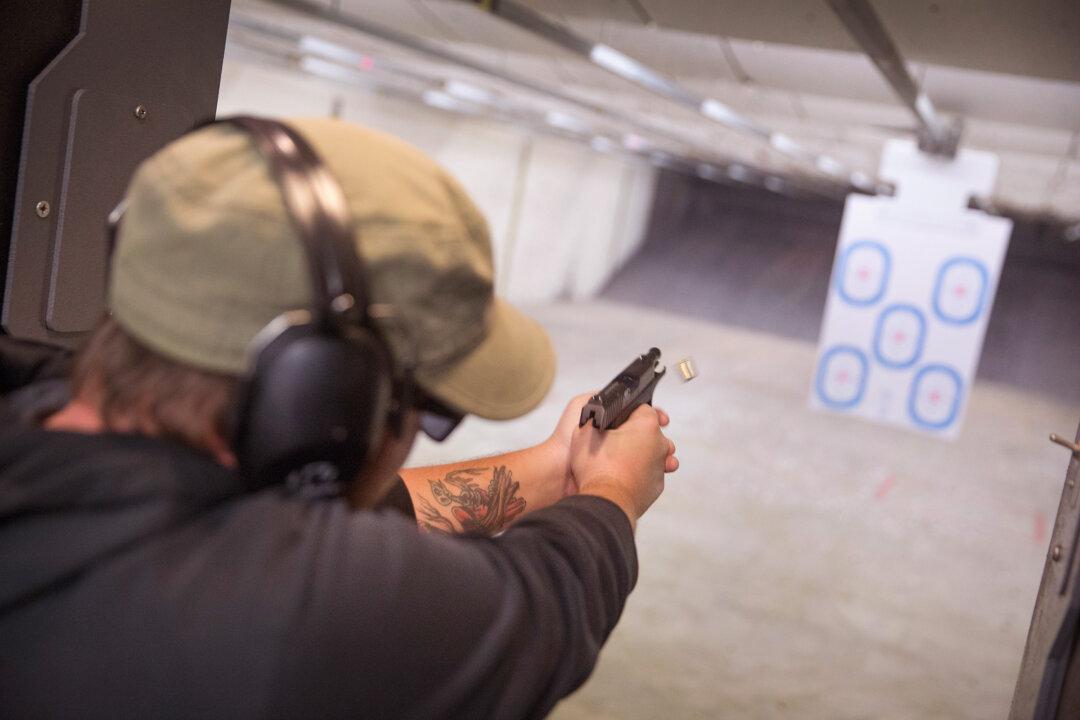Many Canadians have doubts that a federal freeze on handguns would be effective in deterring firearms-related crimes, an in-house Privy Council study has found.
“Most were unsure as to the practicalities and realities of such a policy,” said the study titled “Continuous Qualitative Data Collection of Canadians’ Views,” which also said that “a large number expressed concerns about a potential freeze.”





